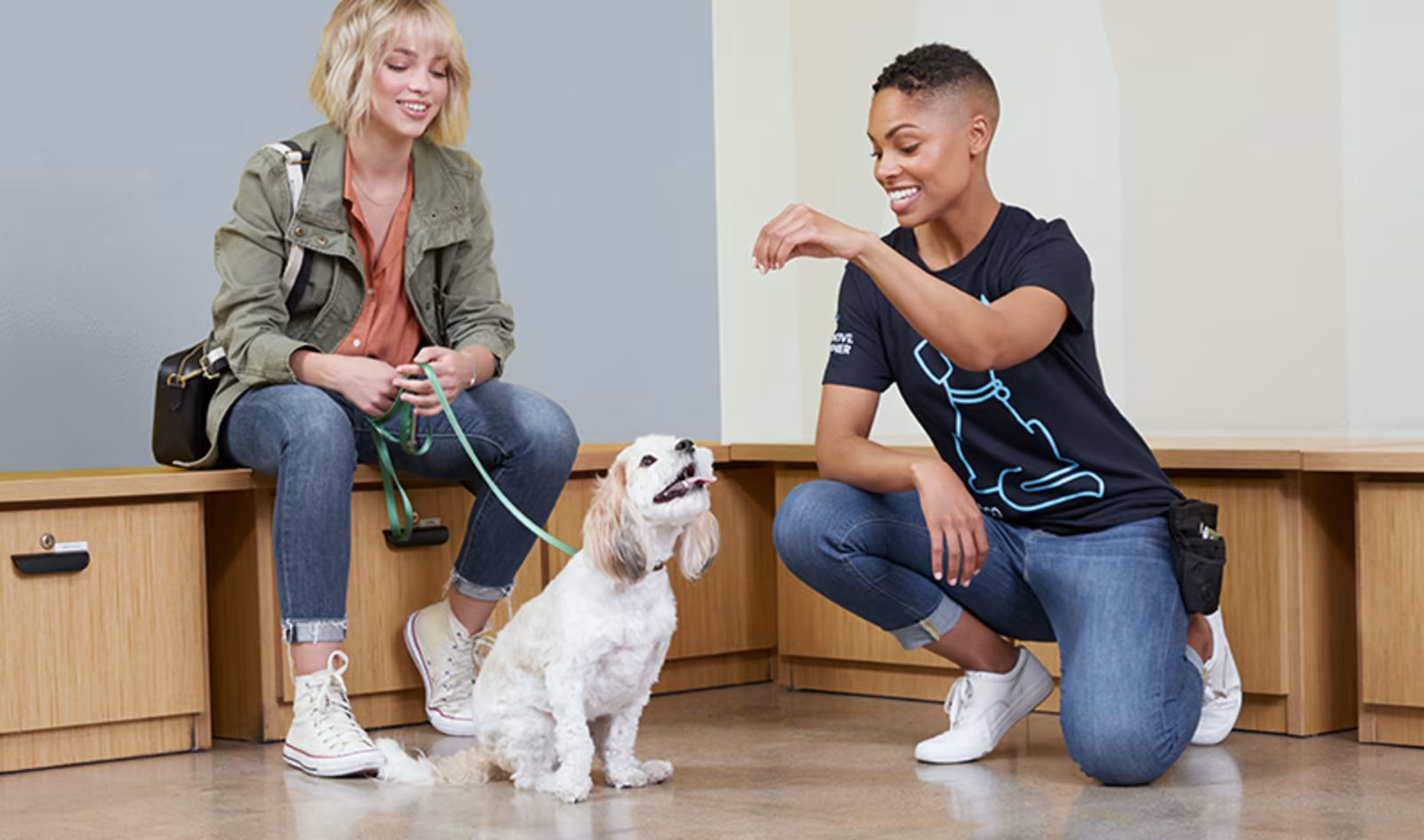Training and Socializing Your Pet: Key Elements of Responsible Pet Care
Responsible pet care extends far beyond providing food and shelter. It encompasses various aspects that contribute to your pet's well-being and happiness. Among these, training and socializing are crucial components that not only enhance your pet's behavior but also strengthen the bond between you and your furry friend. In this article, we'll delve into the significance of training and socializing your dog or cat, the benefits they offer, and how to incorporate these practices into your pet's routine.
The Foundations of Responsible Pet Care
Understanding Training and Socializing
Before we dive into the details, it's essential to grasp the concepts of training and socializing and their relevance to your pet's life.
Training: Building Good Behavior
Training involves teaching your pet specific commands and behaviors that make them a well-mannered and obedient companion. It's an ongoing process that fosters communication and cooperation between you and your pet.
Socializing: Encouraging Positive Interactions
Socializing exposes your pet to various environments, people, and other animals. It helps them become comfortable and confident in different situations and promotes positive interactions with the world around them.
The Benefits of Training
Improved Behavior
Proper training can eliminate unwanted behaviors like chewing, excessive barking, or aggression, making your pet more enjoyable to be around.
Enhanced Safety
Training commands such as "stay" and "come" can be life-saving, ensuring your pet's safety in potentially dangerous situations.
Strengthened Bond
Training sessions create opportunities for positive interaction and bonding between you and your pet. It builds trust and mutual understanding.
The Importance of Socializing
Reduced Anxiety
Socialized pets are less likely to experience anxiety or fear in unfamiliar situations, reducing stress for both you and your pet.
Well-Behaved in Public
A well-socialized pet is more likely to behave appropriately in public settings, making outings and adventures enjoyable.
Avoiding Behavioral Problems
Proper socialization can prevent behavioral issues that may arise from fear or aggression towards other animals or people.
Incorporating Training and Socializing into Your Routine
Consistency is Key
Consistency in training is essential. Set aside regular, short training sessions to reinforce commands and behaviors.
Gradual Exposure
When socializing your pet, start with controlled environments and gradually expose them to new experiences, people, and animals.
Professional Guidance
Consider enrolling in training classes or seeking advice from professional trainers for more complex training needs.
Conclusion
In conclusion, training and socializing your pet are integral parts of responsible pet care. They not only improve behavior but also enhance the quality of life for your pet and strengthen the bond between you. By incorporating these practices into your routine, you provide your furry friend with the skills and confidence to navigate the world around them.

